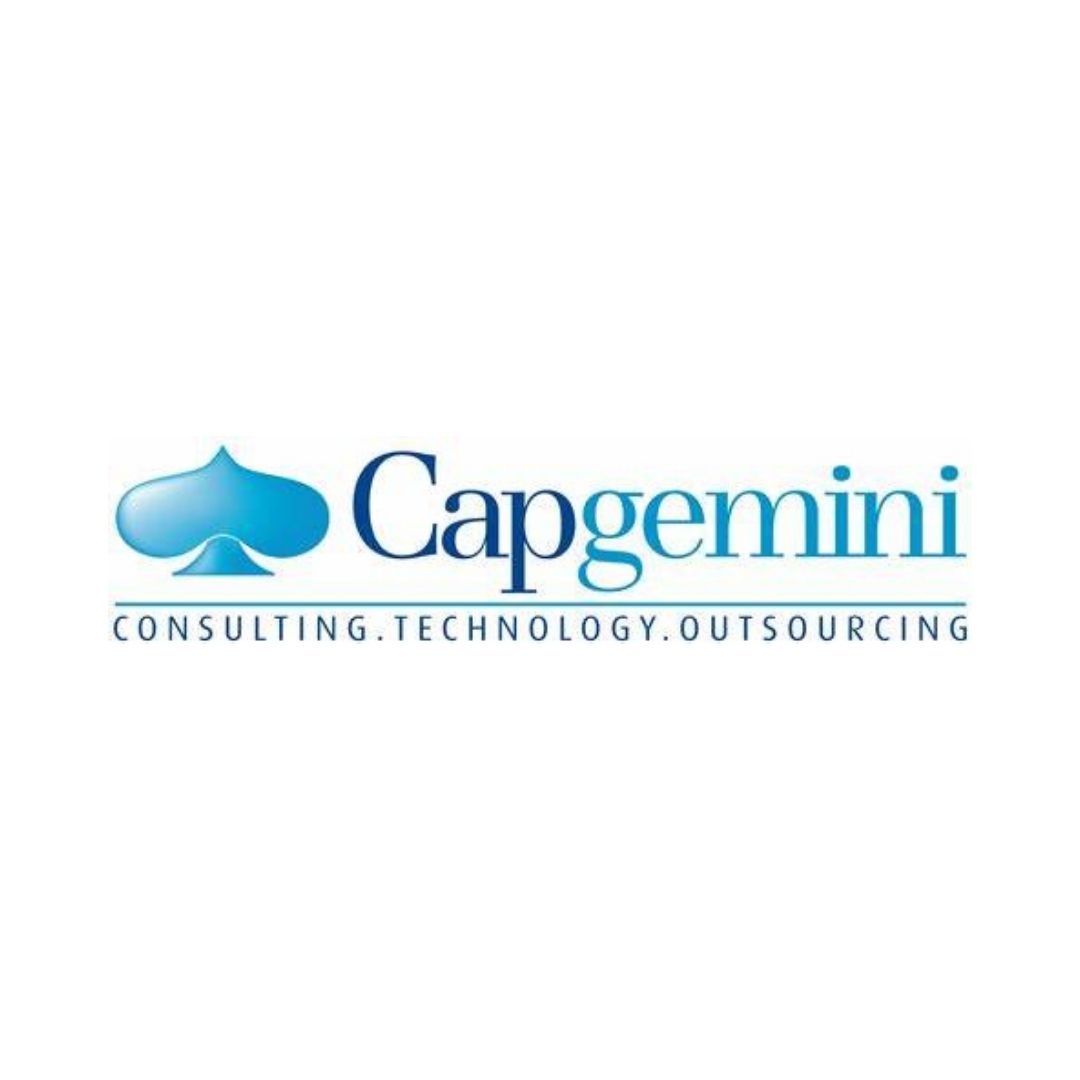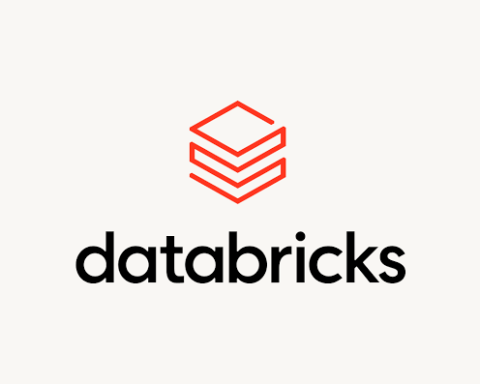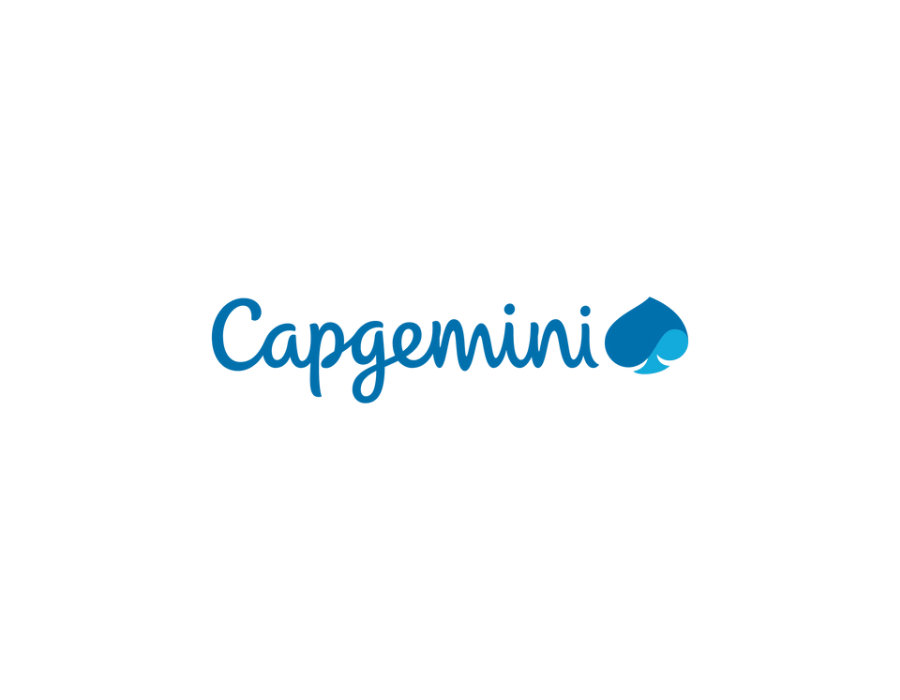New research from the Capgemini Research Institute reveals that globally, organizations involved in sharing, exchanging and collaborating with data, as part of a data ecosystem[2], can gain financial benefits of up to $940 million (or 9% of annual revenue for a typical organization with an annual turnover of $10 billion)[3]. Over the next five years these benefits will be realized through cost savings, new revenue streams and productivity improvements. According to the report, “Data sharing masters: How smart organizations- use data ecosystems to gain an unbeatable competitive edge,” an additional 10 percentage points of financial advantage is estimated for organizations involved in more collaborative, complex data ecosystems. Yet, 61% of organizations primarily engage in data ecosystems involving simple data sharing and low levels of collaboration, and only 39% of organizations are turning data-driven insights into a sustained competitive advantage.
Rising interest in monetizing data
In terms of top business drivers for participating in data ecosystems, 54% of organizations state a rising interest in monetizing data. This comes as data ecosystems have made a significant impact on multiple fronts across organizations: improving customer satisfaction by 15%, increasing operational productivity/efficiency by 14%, and reducing costs by 11% year-on-year. As such, most organizations are optimistic about data ecosystems and expect to see the same level of benefits in the next three years.
Organizations are planning to accelerate data sharing in ecosystems
Driven by the realization of business value, the study also found that one in four organizations will invest upwards of $50 million in data ecosystems[4] in the next two to three years; 76% will invest upwards of $10 million. On average, there will be an investment of $40 million per organization. Investment varies greatly among sectors and countries: 55% of telecommunications organizations will invest over $50 million, while 43% of banking firms will do so. Healthcare and government entities, however, lag, with 18% and 7% respectively investing over $50 million. Meanwhile the US and the UK will be the biggest spenders, with more than one in three organizations in both regions spending over $50 million over the next three years.
Nearly half of the surveyed organizations (48%) are looking to enter new ecosystems or initiatives, and 84% of them plan to do so within the next three years. More than one in three organizations (36%) are working on strengthening their existing ecosystem initiatives.
While the financial benefits are clear, 61% organizations are still engaging in low-value, traditional ecosystems that involve relatively little collaboration and simple types of data sharing. Only 14% of organizations have adopted the most collaborative ecosystem models and complex types of data sharing.
Data ecosystems to drive sustainability agenda
Among the internal factors driving change, 60% of organizations cite willingness to make progress on sustainable development goals or climate change as a top driver to take part in data ecosystems. Among organizations that want to create societal and sustainability impact with data ecosystems, a majority of organizations focus on engaging in data ecosystems for sustainable development from an environmental, social, and governance (ESG) perspective (73%) and on enabling social inclusion for marginalized sections of society (65%).
Christina Poirson, Group Chief Data Officer at Société Générale explains, “Data is much more than an asset to us and we are organized to maximize its potential through data sharing. We are witnessing a strong regulatory push in the EU to establish smoother data sharing systems in the financial services sector. The robust and comprehensive data governance structures that we have put in place while protecting sensitive customer data are in line with this evolving regulation. They not only contribute to smoother data exchange with our ecosystem partners but also unlock greater benefits for our clients.”
Zhiwei Jiang, CEO of Insights & Data at Capgemini states: “Data sits at the epicenter of innovation. Organizations that are already untapping its potential are seeing the clear benefits that data-sharing can bring. They are now looking beyond traditional sources of data, such as data aggregators and data disruptors[5], to find relevant, good-quality insights that further drive new ideas, business decisions, and most importantly, to extend their competitive advantage.”
Emerging forms of data sharing further allow organizations to act in a less intrusive manner and are designed to work with anonymized data. However, 56% of organizations cite a lack of sharing platforms that can control access rights as the top technology challenge to embarking upon and scaling their data-sharing initiatives. Capgemini advises a roadmap of five essential steps, involving:
- Formulating a data ecosystem strategy
- Making key design decision pertaining to the ecosystem
- Devising a clear implantation plan and kicking it off
- Sustaining the advantage
- Proactively addressing privacy, ethics, trust, and regulatory requirements.
Also read:






